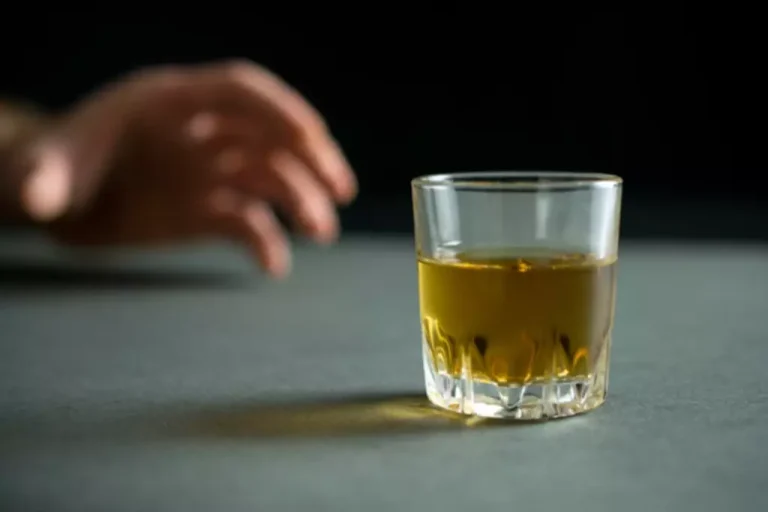
The Substance Abuse and Mental Health Services Administration (SAMHSA) found that one in four adults who have a mental illness will also struggle with substance abuse. Cutting down your alcohol intake may not be as easy as it sounds. People who want to reduce their alcohol consumption often do not realize how much of their social and daily routines alcohol has become.
How Samba Recovery Promotes Self-Compassion in Recovery
Although it is possible to taper your alcohol use alone, professionals highly advise that you seek medical attention. Detoxing from alcohol can be dangerous if you don’t do it properly. Unfortunately, alcohol tapering has not been extensively studied. This means that there is little data about the best way to taper your drinking. However, some groups have published tapering examples to assist those trying to quit drinking. It is important to note that prescription medication should not be used for a substitution taper unless it has been prescribed as part of a medical detox program.
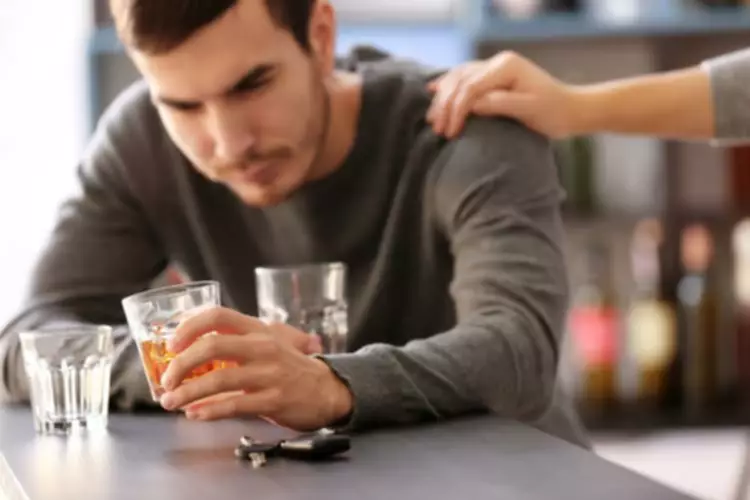
Healthcare Professional Guidance
It is imperative to approach tapering cautiously, and individuals are encouraged to seek professional guidance to ensure safety throughout the process. Ultimately, you shouldn’t taper off of alcohol unless you’ve checked with your doctor first. Because of the risk of a lower success rate and prolonged alcohol exposure, most healthcare professionals will recommend a professional detox over tapering. The best recommendation when struggling with alcohol misuse is to seek medical and mental health professional consultation as soon as possible. The professionals can determine the best treatment plan for you and your unique set of needs. It is best to consult with a medical professional first before reducing or stopping alcohol use.
- Check out this medical article which provides further detail on withdrawal from alcohol.
- Recognizing the signs of alcohol addiction can be challenging, especially since they can develop gradually.
- If a person abruptly stops drinking alcohol within 6 to 8 hours they will experience hyperactivity, anxiety, tremors, sweating, nausea, and confusion.
- A taper may help you to get off of alcohol; however, medical detox is typically recommended as the best way to stop using alcohol.
- If you and your doctor decide that a taper is proper for you, it is crucial to remember there isn’t a one-size-fits-all strategy.
- Often, people with alcohol use disorder find that other people in their lives spot their addiction long before they do.
Sustained Recovery
A healthcare provider can tailor the tapering schedule to the individual’s needs, considering factors like dependence and overall health. They can also provide support and resources to manage withdrawal symptoms and address any complications that arise. Adjusting the tapering schedule to the individual’s needs is also crucial. If severe withdrawal symptoms are how to taper off alcohol experienced, the plan may need to be modified to ensure safety and comfort. Setting realistic goals and rewarding progress can help maintain motivation throughout the tapering journey. It’s important to note that tapering alcohol should be done under the guidance of a healthcare professional to navigate potential challenges safely.
- From what I understand, most hospitals WILL give you 3-5 days worth of benzos to taper with at home.
- In fact, 30 million people have alcohol use disorder1 in the United States alone.
- This is clearly the case with whiskey and beer–everyone gets drunk more quickly on straight whiskey even though it is not carbonated.
- By looking at your medical history and alcohol intake, your doctor can determine whether you need to taper in a medical detox facility or can safely detox at home.
Life-Threatening Withdrawal Signs
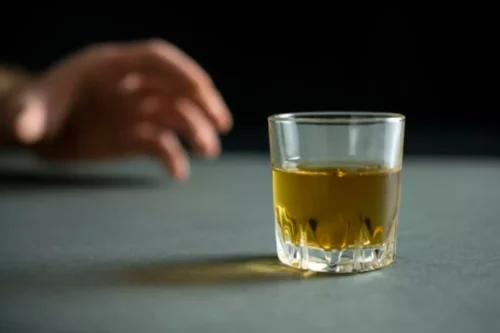
Rather than consuming back to back alcohol-filled drinks, you are replacing some with a non-alcoholic beverage. Tapering off alcohol means to reduce the amount of alcohol you consume, over time. Do this until, eventually, you are no https://ecosoberhouse.com/article/the-causes-of-sneezing-when-drinking-alcohol/ longer consuming alcohol at all. For example, if you drink six beers a day, you will start to tamper off by consuming only five beers a day. Mild symptoms can include anxiety, nausea, sweating, and tremors. Moderate symptoms might involve insomnia, irritability, and mood swings.
Taking Care of the Body When Weaning Off: The Big 3
You might even buy a time lock safe to make sure that you cannot get at them. Some people even choose to install a breath-alcohol ignition lock on their car to insure that they will not drink and drive. We are not saying that you must never engage in a drinking game–HAMS has no such absolute rules. If you choose Sober living house to play a drinking game be careful and use your head. Or choose not to start if you don’t want to–do your own thing and don’t get peer pressured.
Quitting alcohol cold turkey can be dangerous and should only be done under medical supervision. Suddenly stopping alcohol consumption can cause withdrawal symptoms, including seizures, hallucinations, and delirium tremens. Consulting with medical professionals and therapists is an essential step in tapering off alcohol safely. They can offer expert advice, monitor your progress, and provide personalized recommendations based on your specific needs. When you detox from alcohol, you may feel withdrawal symptoms, especially if you’ve become physically dependent on alcohol.
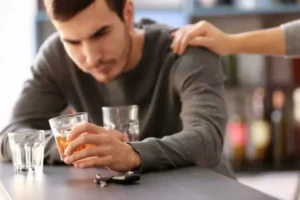
This is why you should taper off alcohol, or use a prescribed medication like benzodiazepines, during detox3. It’s vital to do this under the supervision of a medical professional to ensure the process is safe and smooth. Alcohol addiction can be difficult and sometimes dangerous to handle on your own. If you or a loved one is struggling with alcohol addiction, contact us to learn more and get started with alcohol addiction treatment. Your doctor can determine if tapering alcohol is safe for your unique situation and help you create a plan to quit drinking alcohol.
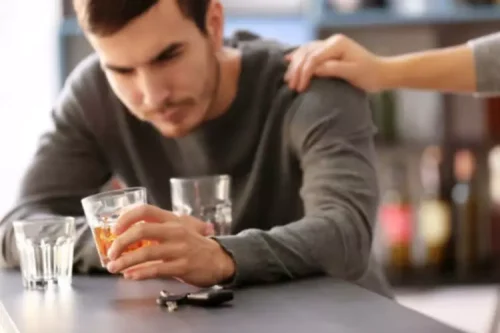
These occasional moments of drinking can feel like a way to relax or socialize. However, alcohol addiction doesn’t happen overnight; it can affect anyone, regardless of background, age, or lifestyle. The transition from moderate use to addiction is often gradual, making it easy to overlook until it’s too late. River Rocks Recovery offers tailored programs to support your journey, such as Partial Hospitalization Programs (PHP), Intensive Outpatient Programs (IOP), and Outpatient Programs. These programs include medical guidance, therapy, and coping strategies to help you taper safely and build a lasting recovery plan. You may find success decreasing your number of drinks by a set amount each day.
How to Taper off Cocaine and Reduce Withdrawal
Many patients don’t realize the toxicity of prolonged alcohol abuse and how it affects the body. Alcohol detox at the luxurious rehab addiction centers at Gratitude Lodge leeches your body of these toxins in preparation for successful treatment for drugs and alcohol abuse. Alcohol detox may not take as long or produce severe withdrawal symptoms, but it is still an essential beginning to your recovery. One of the primary advantages of tapering off alcohol is the ability to minimize withdrawal symptoms. Tapering off alcohol provides a smoother transition compared to quitting abruptly. Gradually reducing alcohol intake allows the body to adapt to lower levels of alcohol over time.
